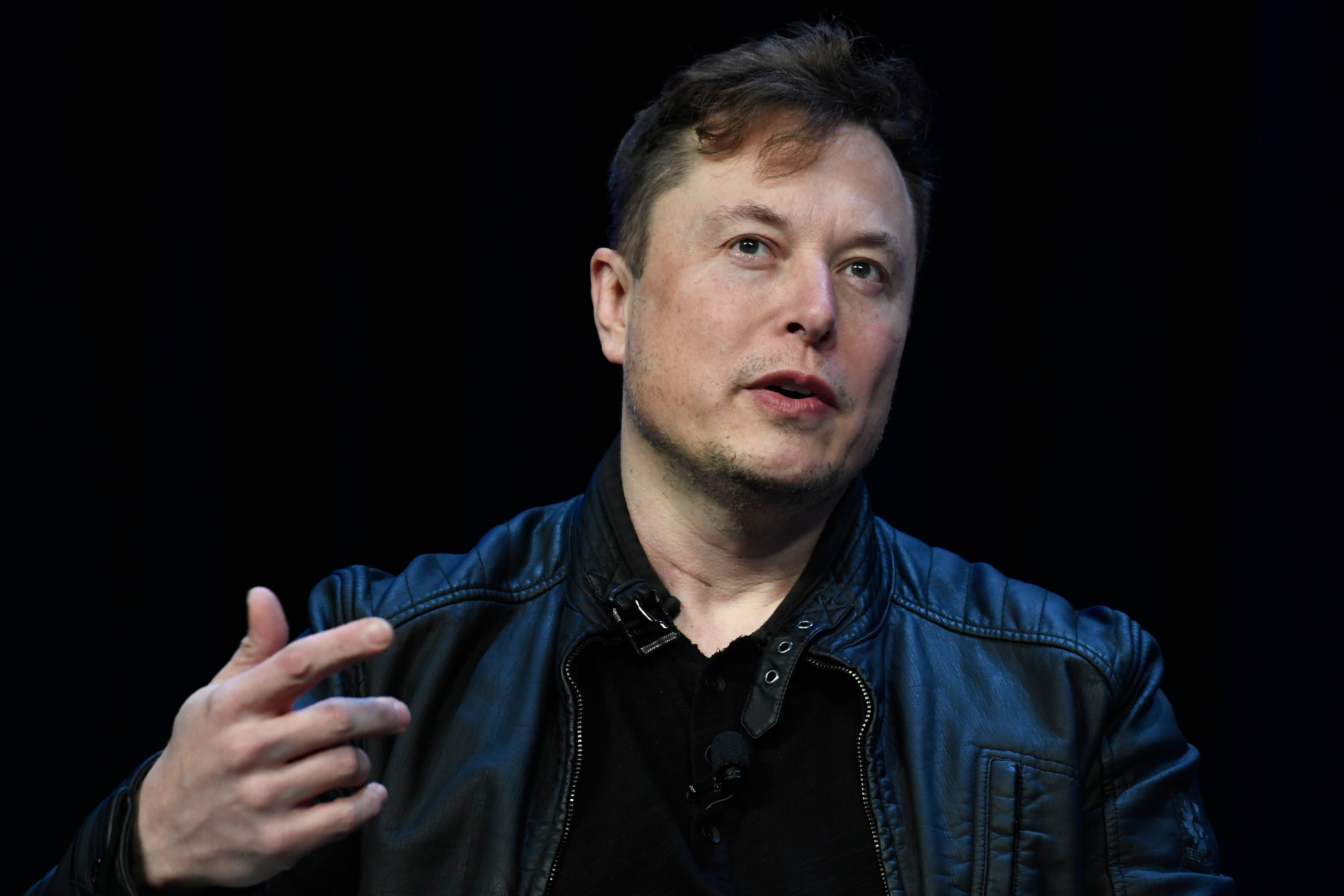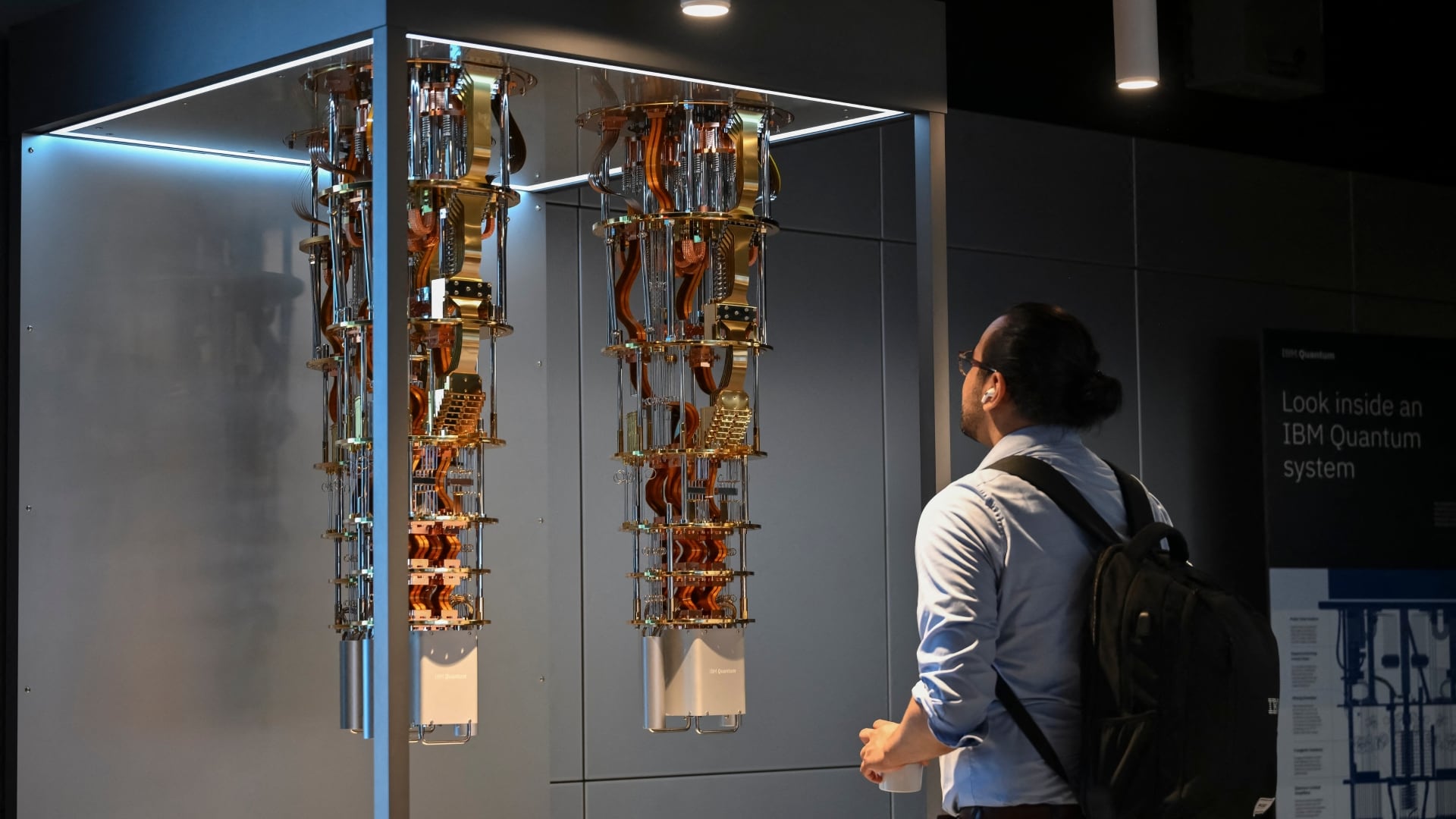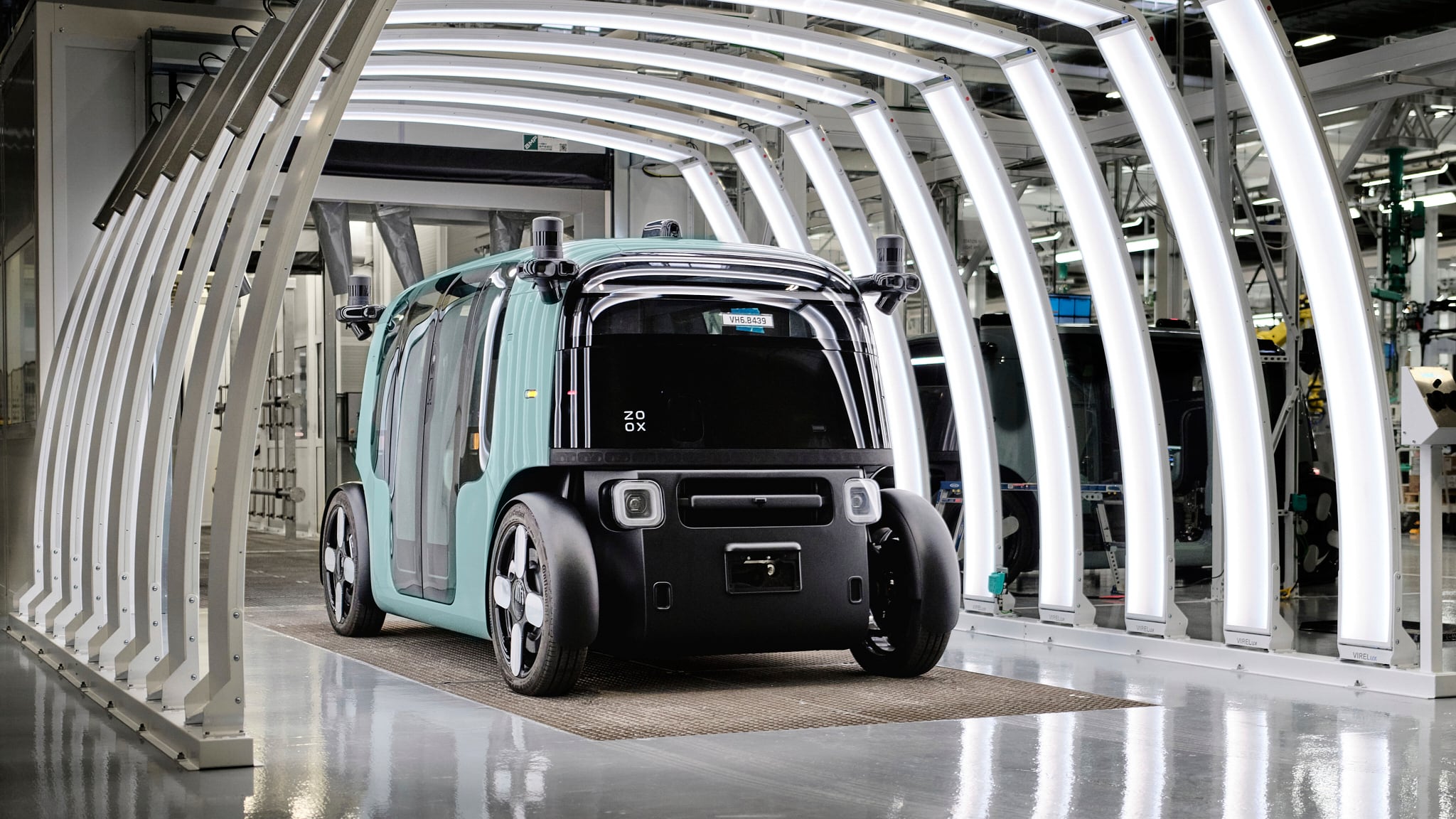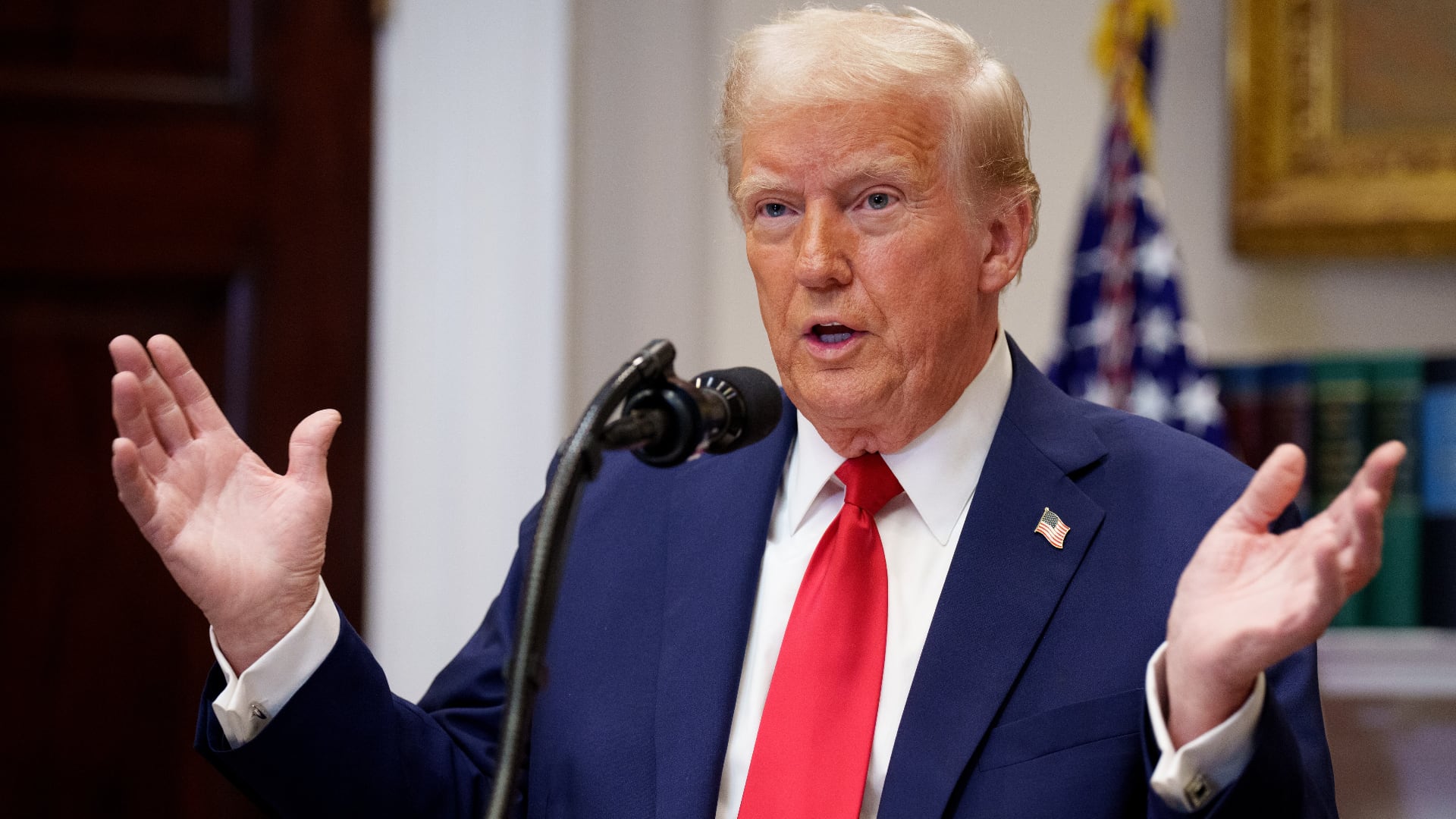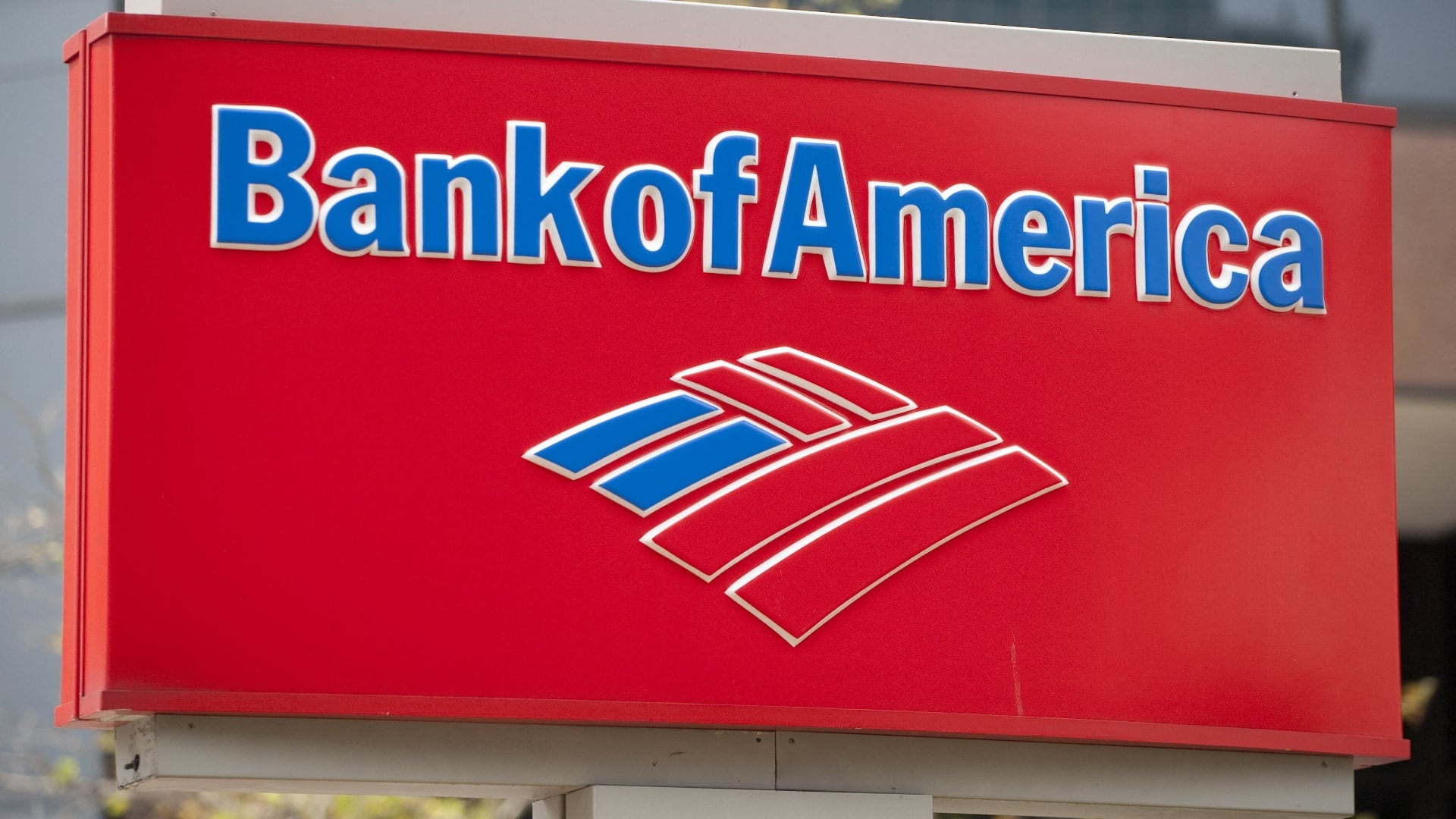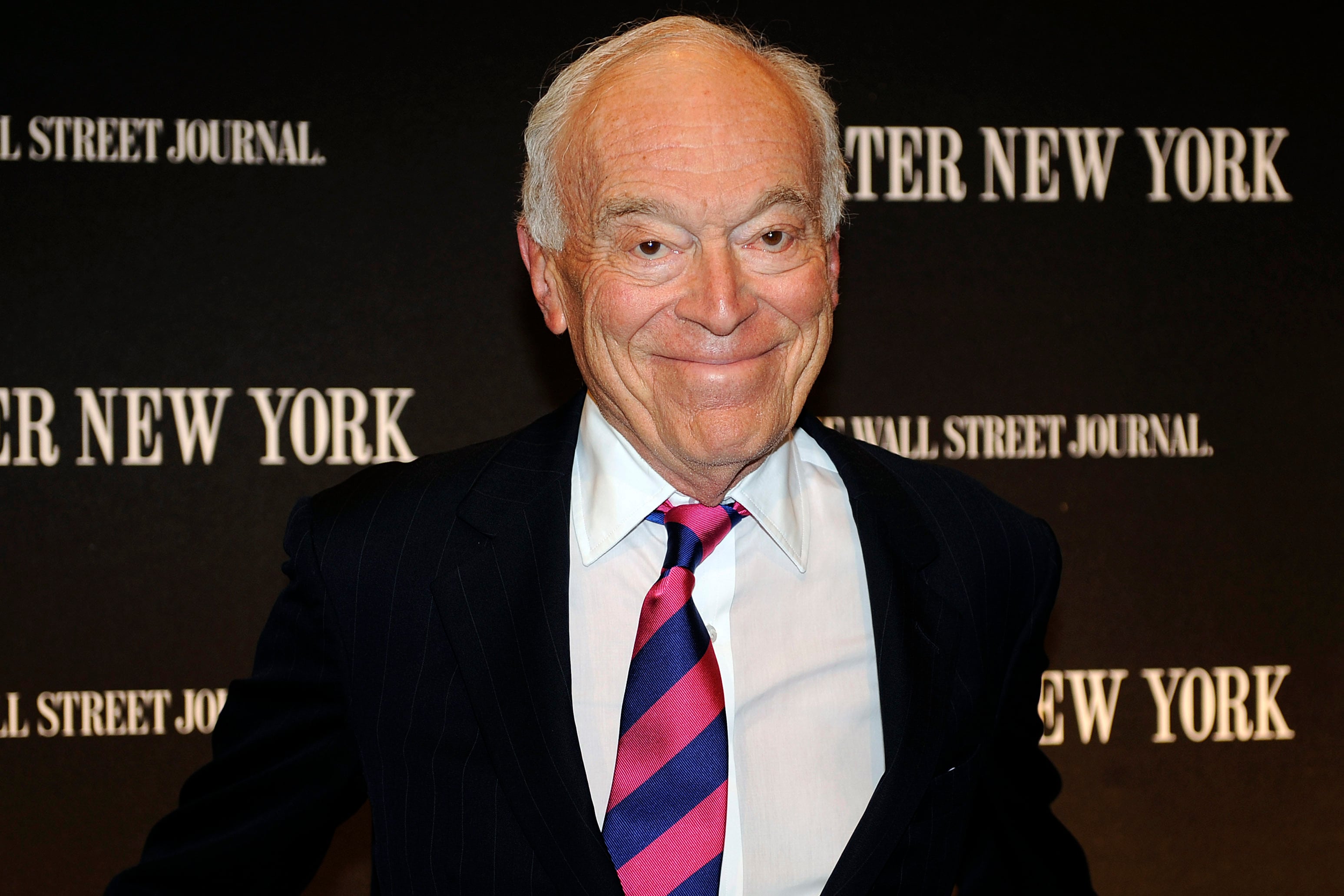Global markets plunged Tuesday after President Donald Trump threatened tariffs on an additional $200 billion worth of Chinese imports. The Dow Industrials and S&P 500 fell more than a percent, but the losses in Asia were more severe. Hong Kong's Hang Seng Index was down nearly 3 percent and China's Shenzhen 300 dropped more than 3.5 percent to its lowest level in almost a year. "We've been riding this synchronized global growth story for 18 months and China is a key to it," said John Petrides, managing director at Point View Wealth Management. "One of the big fears is, clearly, you derail the Chinese growth story you impact earnings on U.S. stocks, and the air fizzles out of the balloon." The latest sell-off came as investors braced for a full-blown trade war between the world's two largest economies. Late Tuesday Trump asked his staff Monday to draw up a list of additional goods that should be subject to a 10 percent import tax in the event China retaliates against the original 25 percent tariff announced on $50 billion of imports last week. The president said any further retaliation by China to this round would increase the roster of goods by another $200 billion. That would bring the total number of Chinese goods subject to tax to $450 billion, almost 90 percent of all the goods the U.S. imported from that country last year. Whether that ultimately results in a true "trade war", though, remains to be seen, according to Petrides. "Be careful with the president's comments: 'We could possibly impose...'," he said. "The president has done this before. He swings for the fences when he's negotiating, and he typically backs down in a more muted fashion. He did this with the corporate tax reform...he's waffled back and forth with some of the allies in terms of the amount of tariffs." Trump's move on Monday came shortly after the Senate voted to reinstate a ban on Chinese tech company ZTE, barring it from buying components from U.S. manufacturers. Trump has tried to throw a lifeline to ZTE, which has been struggling to survive under U.S. sanctions. Shares, which had not traded for two months after the sanctions were first announced in April, began trading again last week and fell more than 40 percent. After the Senate's decision Monday, the stock dropped another 25 percent. For the full interview, [click here](https://cheddar.com/videos/u-s-china-trade-conflict-escalates).
